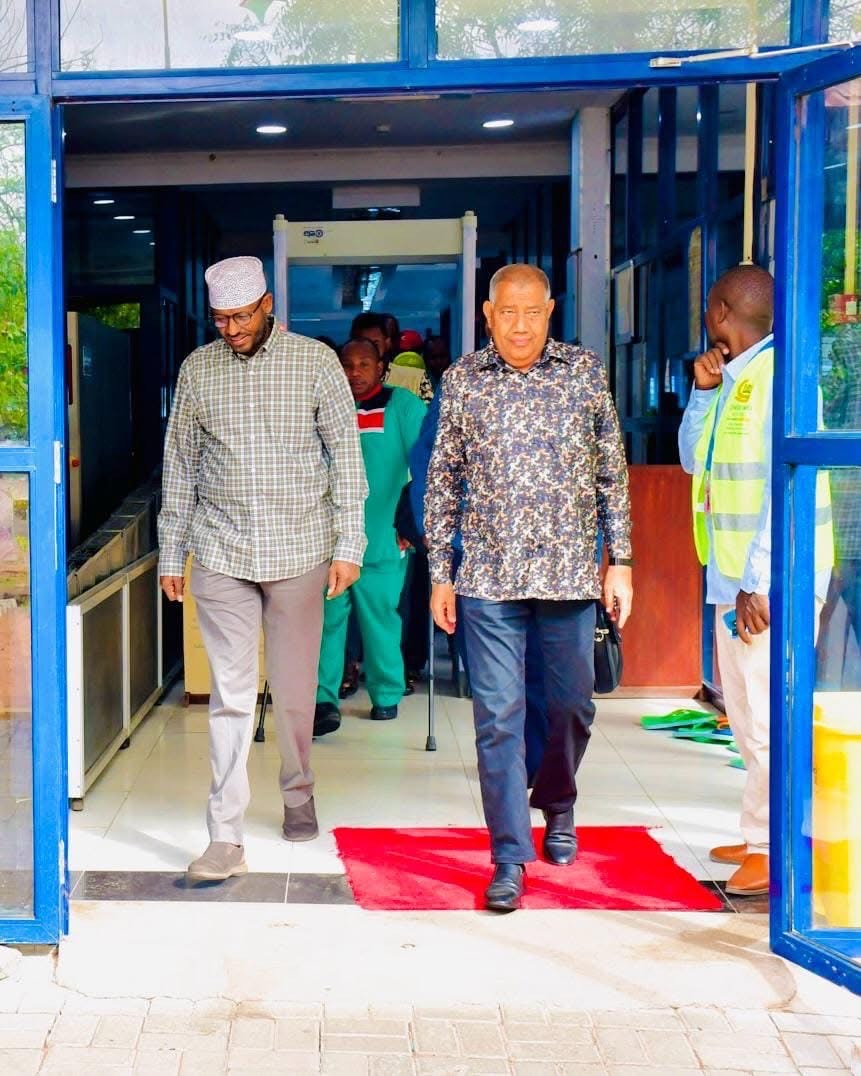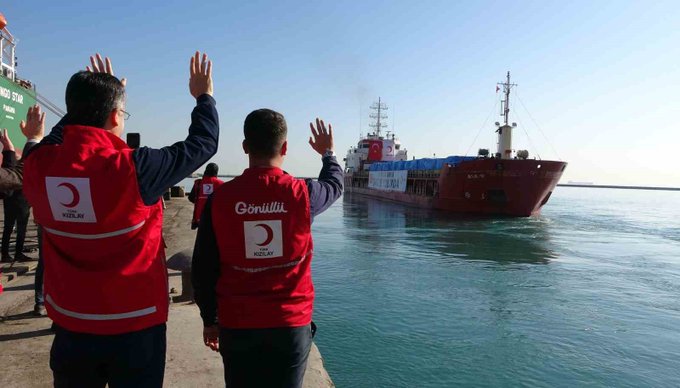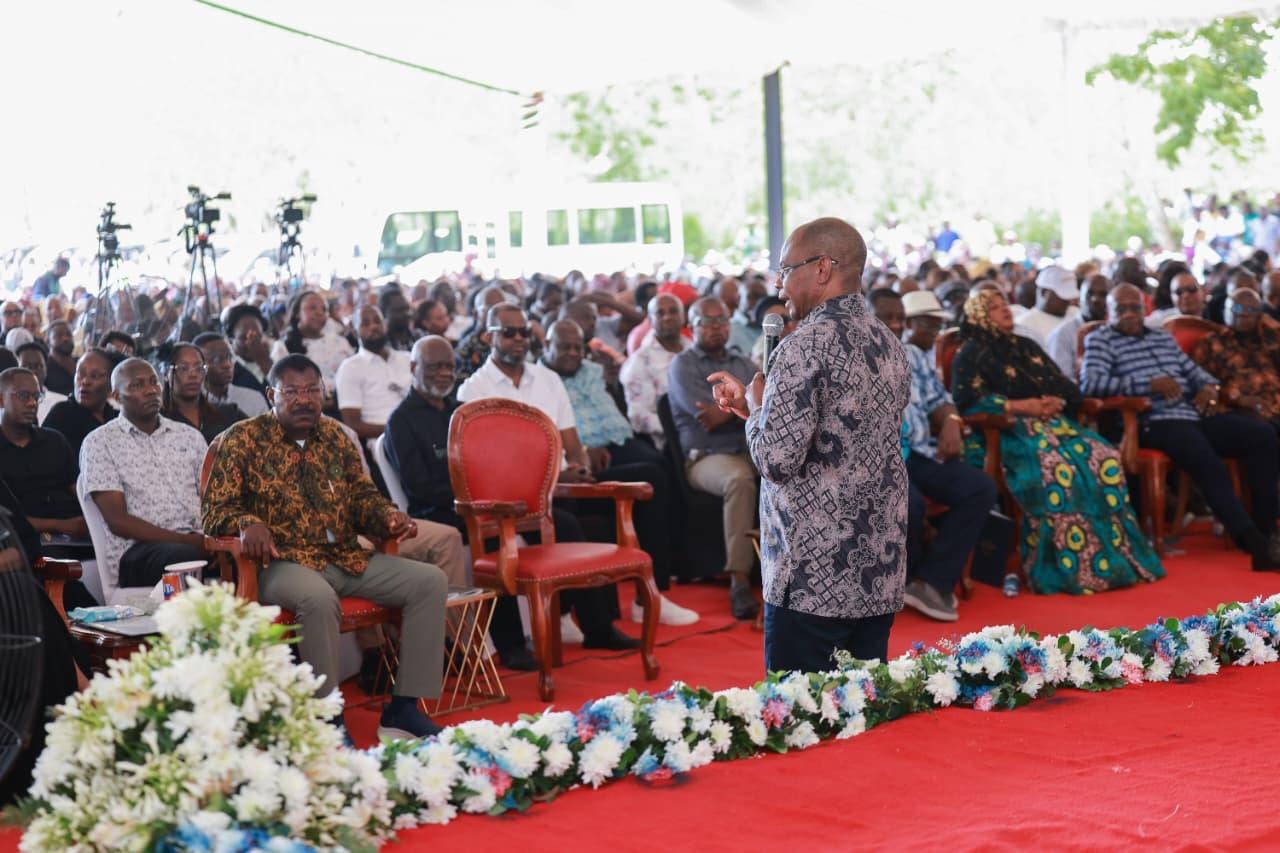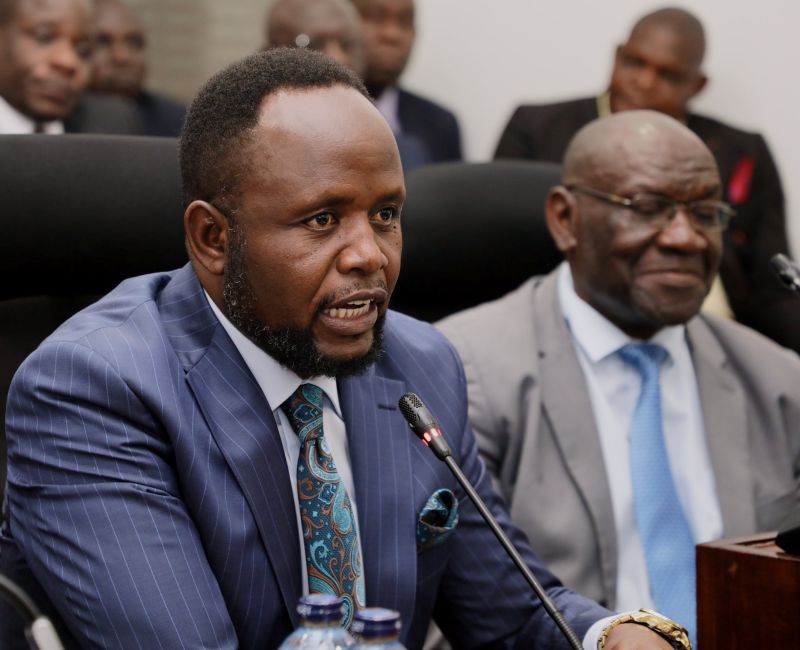Pastoralist leadership summit kicks off in Wajir County

In preparation for the summit, Wajir County undertook various activities, including cleaning the town, demolishing stalls along major roads, and imposing fines for activities involving donkey carts within the town centre.
The Pastoralist Leadership Summit, bringing together leaders from 15 counties, officially commenced on Sunday in Wajir County.
Themed "Unlocking Policy and Financial Bottlenecks to Mainstream Pastoralists in Kenya," the summit is the largest event Wajir County has ever hosted. It has attracted governors, deputy governors, senators, members of parliament, members of county assemblies, and donor partners.
More To Read
- Wajir MCAs demand answers over rising abductions after two men vanish
- Wajir police nab suspect with AK-47 rifle in ongoing crackdown on illegal firearms
- New 1MW generator boosts Wajir’s power supply, promises relief from frequent blackouts
- Stakeholders warn of increased FGM cases in Wajir during long school holiday
- Smartphones, women’s rights and coupons: new trends that can boost insurance for African farmers
- Historic water project launched to end generations of scarcity in Northern Kenya
During a press briefing, Wajir Governor Ahmed Abdullahi emphasised the importance of the summit, which he noted provides an opportunity for pastoralist counties to discuss their unique challenges and advocate for resources.
"We are facing numerous challenges, ranging from extreme climate shocks and poor road infrastructure to underdeveloped livestock markets, improving healthcare, and the need to integrate pastoralist economies into the national development agenda," Governor Ahmed stated.
He specifically highlighted the Wajir-Mandera road, stressing the need for additional resources to tarmac it.
 Wajir Governor Ahmed Abdullahi. (Issa Hussein)
Wajir Governor Ahmed Abdullahi. (Issa Hussein)
Governor Ahmed, who also serves as the Chairman of the Council of Governors, underscored how devolution has contributed to the development of marginalised pastoralist counties. He noted that the summit aims to identify and address gaps that still require donor support.
"Policy experts, development partners, and United Nations representatives will be attending, and we expect their collaboration and support in key areas," he added.
Lamu County Governor Issa Timamy highlighted the unique challenges faced by pastoralist communities and the importance of improving the livestock economy, a key livelihood for these regions.
"In Lamu County, livestock is a major economic mainstay, alongside the blue economy. We need sustainable development plans to enhance the livestock sector. This summit unites pastoralist counties with shared challenges and goals," he explained.
He also noted that previous summits had yielded tangible results, implemented jointly by counties, the national government, and development partners.
In preparation for the summit, Wajir County undertook various activities, including cleaning the town, demolishing stalls along major roads, and imposing fines for activities involving donkey carts within the town centre. The event is expected to provide a significant boost for local hoteliers and businesses.
The summit provides a platform to strategise and foster collaboration, ultimately improving the livelihoods of pastoralist communities across Kenya’s arid and semi-arid regions.
Top Stories Today













































